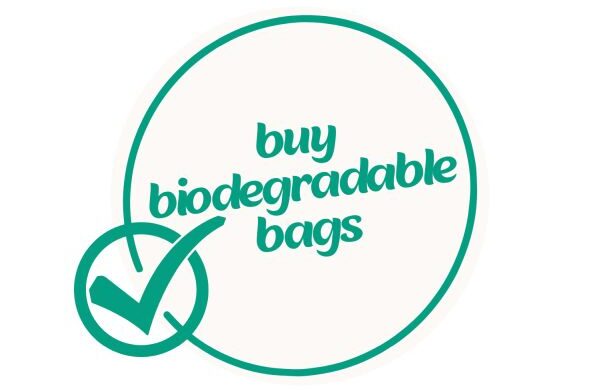Guide To Biodegradable Bags for Business
The Complete Guide to Biodegradable Bags For Business
As a business owner, you have an opportunity to reduce your environmental impact by switching to biodegradable bags.
This guide will help you navigate the buying process when choosing biodegradable bags.
Bags for Your Business
As a business owner looking for biodegradable and eco friendly carrier bag options, there are a few things to consider:
Make sure any biodegradable bags you choose are certified compostable – this means they will break down into natural materials in a commercial composting facility.
For food businesses, ensure any bags designated as compostable are also food-safe. BPI and OK Compost certification indicate food contact suitability.
The key is choosing certified compostable plant-based bags from reputable suppliers. With proper education and expectations, biodegradable carrier bags can be a sustainable offering for eco-conscious businesses.
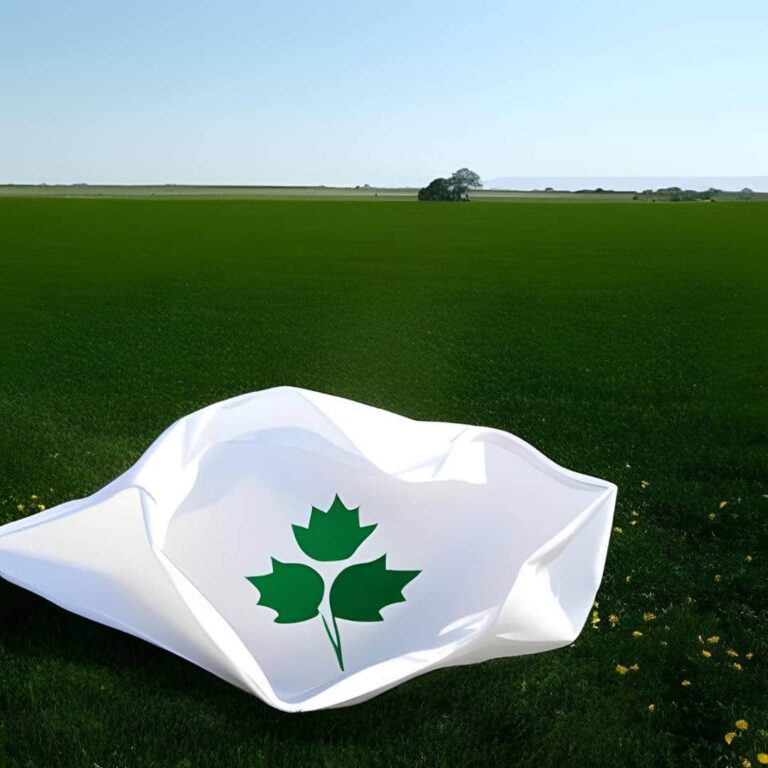
Why Choose Biodegradable Over Plastic for business?
Unlike traditional polyethylene plastic which can stick around for centuries, biodegradable bags are designed to break down naturally. This makes them much better for the environment.
Customer Satisfaction
Customers are environmentally conscious and would appreciate efforts to reduce waste
Less Pollution
Reduce waste and plastic pollution in landfills and waterways
Eco Credentials
Strengthen your brand image and environmental impact.
Lead The Way
Set a sustainable example for your community
When we all do our part to save the planet through a zero-waste lifestyle, it adds up to make a real collective impact. Vote with your actions for a greener world.
BAGS FOR BUSINESS
Types of Bags for your business
Your customers will be using your bags when they shop with you. Depending on the type of business, you will be looking for a specific type of bag. From carrier bags to high quality promotional bags.
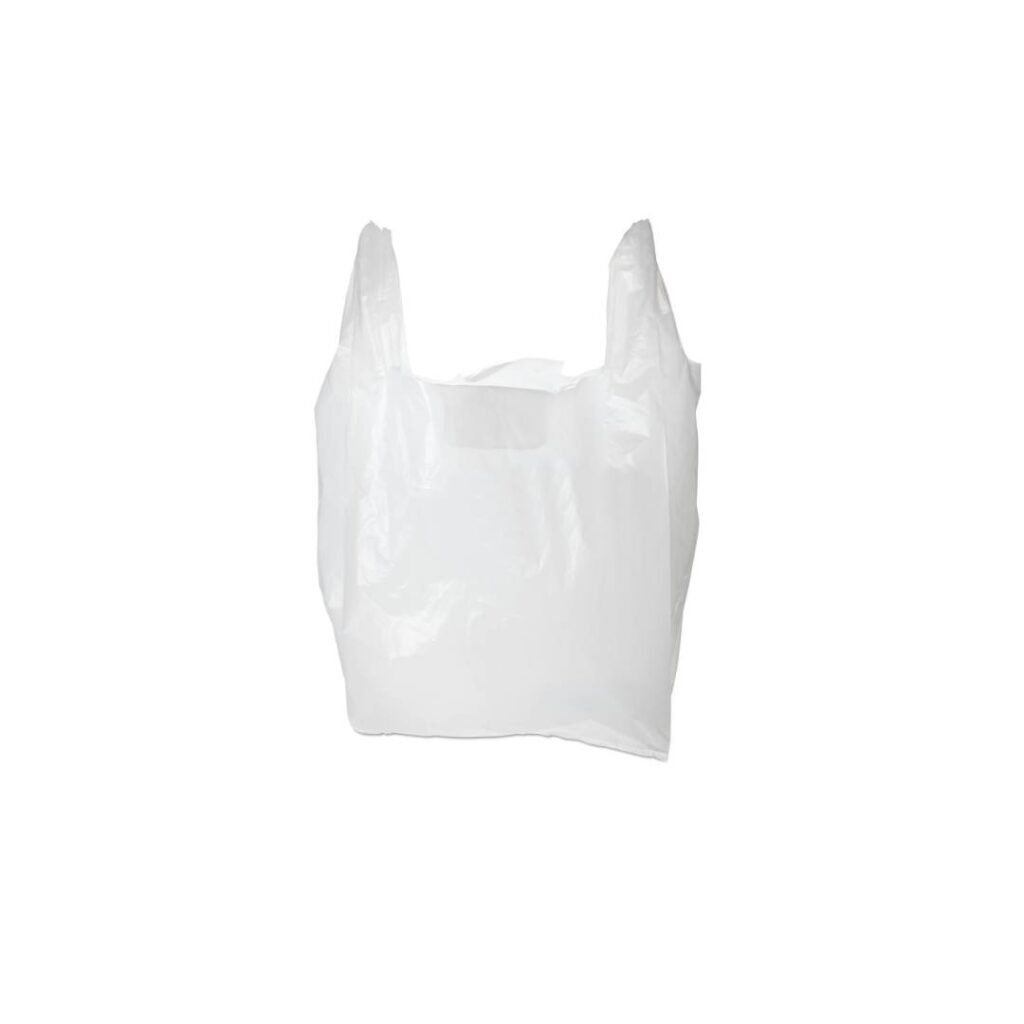
Carrier Bags
Shops, retail
Carrier bags called T-Shirt bags or Vest bags These have separate handles attached on the sides rather than die-cut handles. Very simple and inexpensive but use more plastic. Great for light duty retail.
Die Cut Bags
Or maybe you are looking for Die-cut handle bags – The handles are cut into and part of the bag itself. Provides added strength compared to glued handles. Works for medium-duty contents. Die cut bags handles look like an oval, kidney or circle therefore they are also called kidney bags, punch out handle bags.
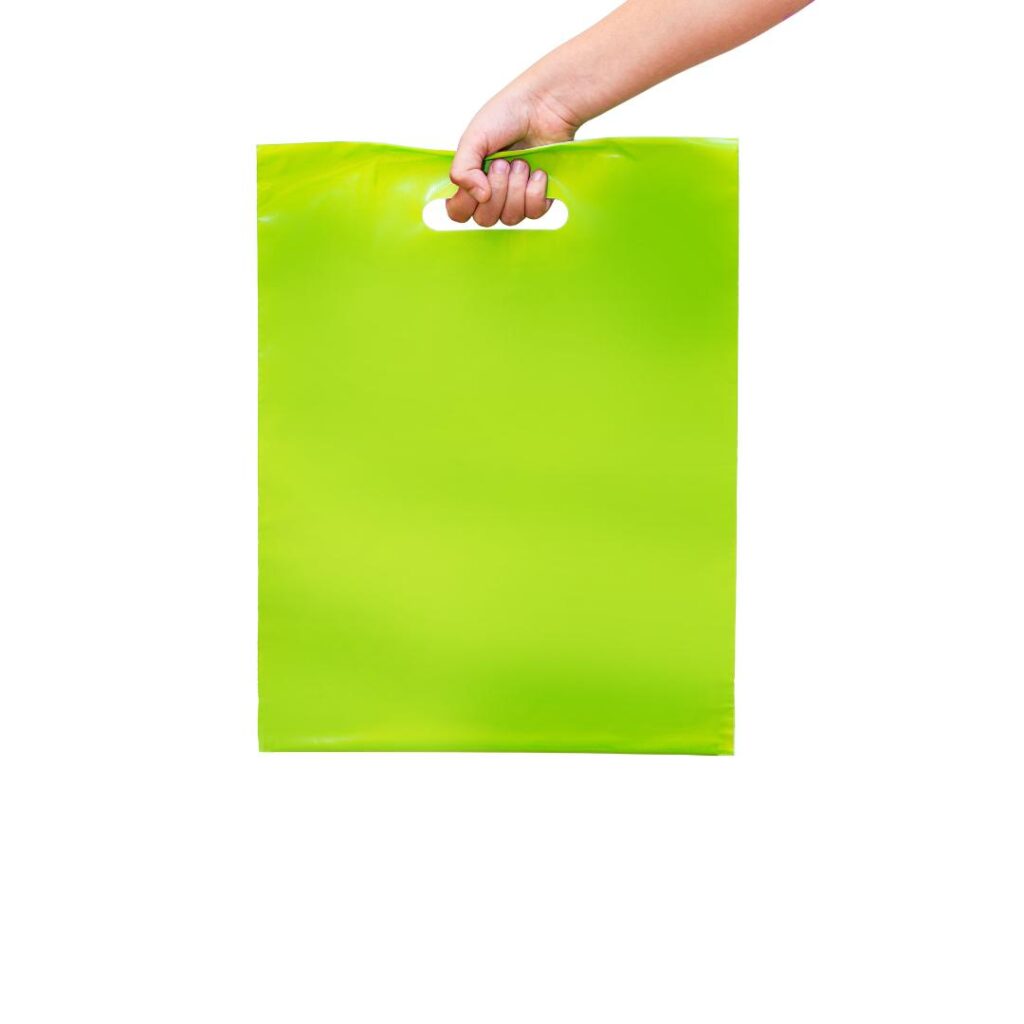
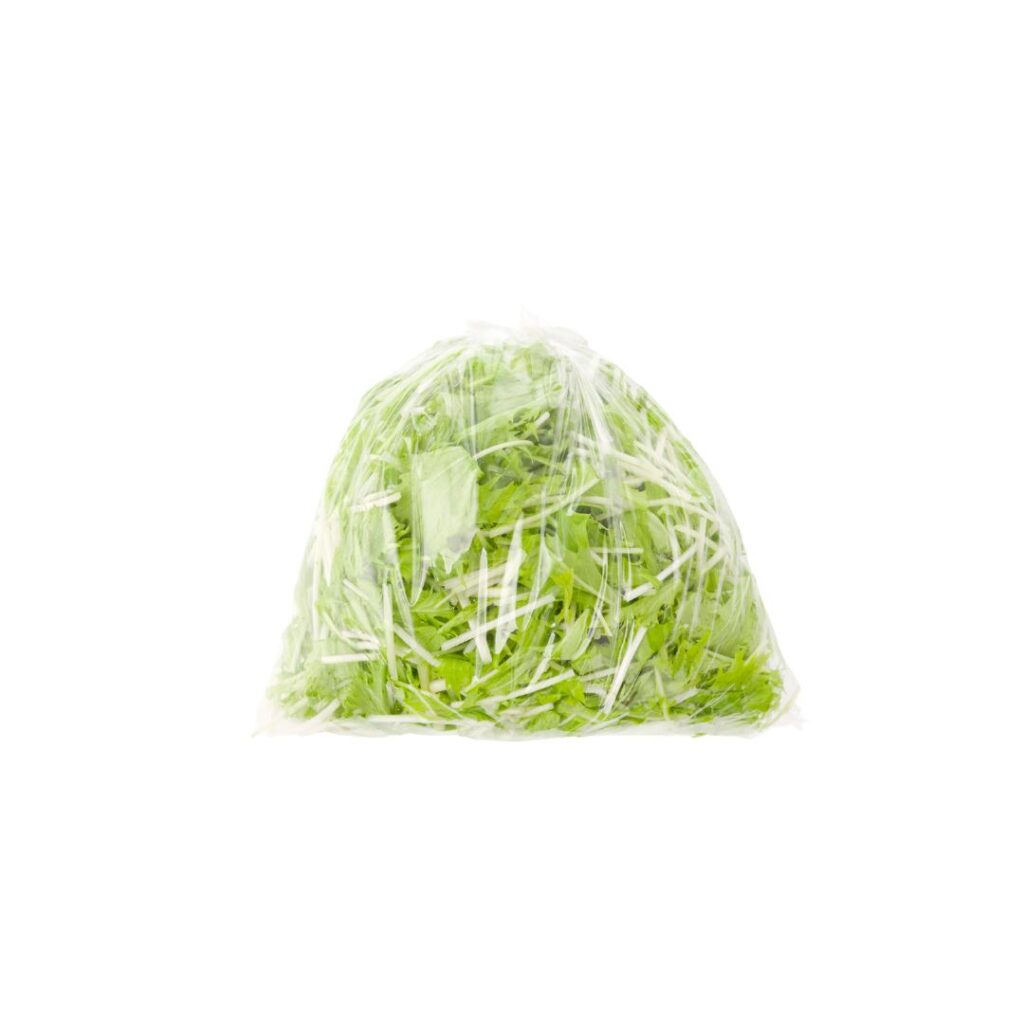
Food Bags
Fruit and Veg, Bakeries, Delis
If you run a food business selling produce to treats, you need to find the right biodegradable food bags. Produce bags, bakery bags, takeout bags. and food-safe plastic bags designed specifically for fruits, veggies, bakery items.
Paper Bags
Retailers, small businesses
Paper bags are a popular option for many small businesses. They are biodegradable and a great choice for customers.
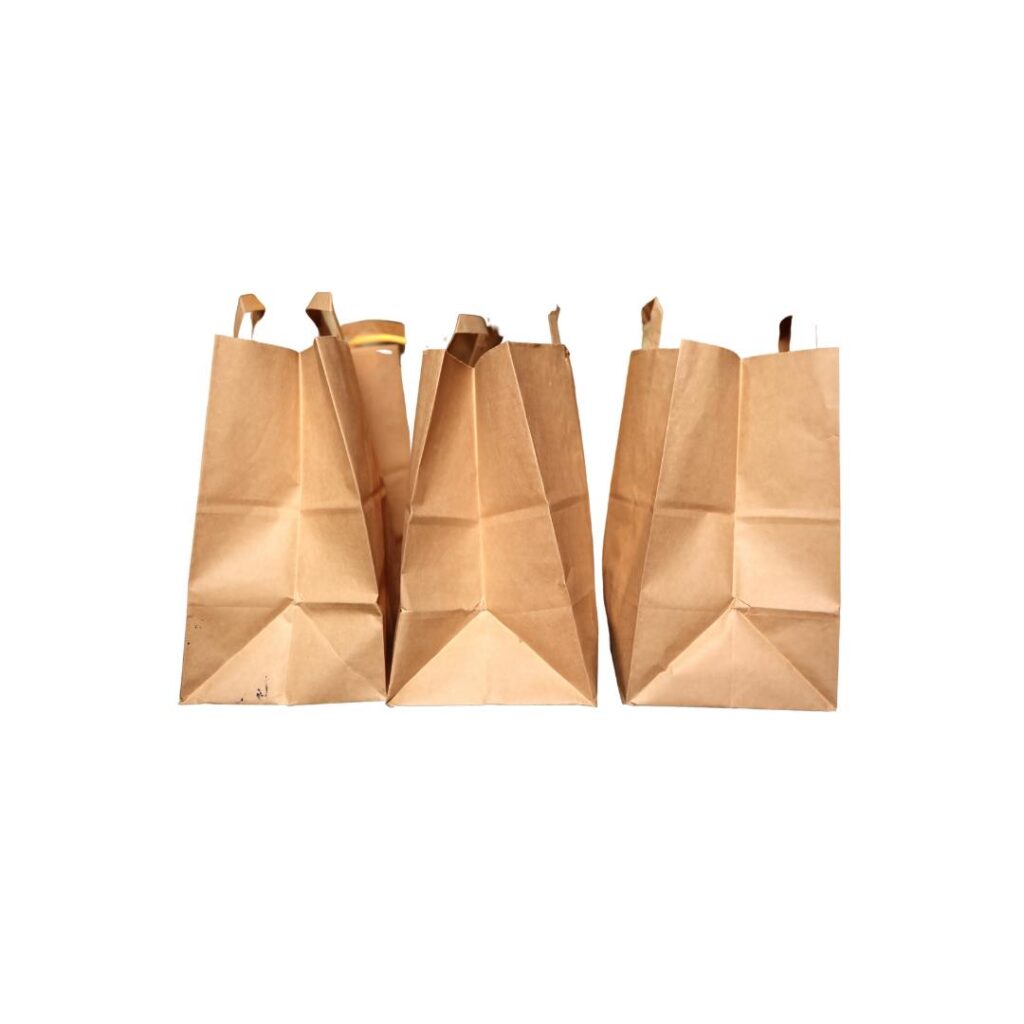

Making the Switch Action Plan
Making the switch provides environmental and business rewards. Boost Marketing Appeal as consumers prefer eco-conscious companies. Biodegradable packaging highlights your values. Follow these tips to successfully integrate biodegradable bags into your operations.
Assess Bag Usage
Assess usage – Track current plastic bag usage so you can purchase replacements.
Find A Supplier
Find a supplier – Source a reliable provider of quality, affordable biodegradable bags.
Inform Your Staff
Make sure staff are informed on proper uses and limitations of biodegradable bags, like avoiding hot or greasy foods.
Let Your Customers Know
Inform customers – Spread the word on signage, packaging, website, and social media.
When we all do our part to save the planet through a zero-waste lifestyle, it adds up to make a real collective impact. Vote with your actions for a greener world.
Let customers know you’ve switched to compostable bags and share proper disposal methods – they shouldn’t go in recycling.


Buying Tips
Match thickness and durability needs
Look for reputable ecolabels like BPI certification
Ensure inks are non-toxic if printed
Buy from eco-conscious companies. These materials allow bags to break down through natural processes within months to a few years.
Look for bags certified to standards like EN13432 (Europe) or ASTM D6400 (US). Some bags may say “oxo-biodegradable” or contain additives like TDPA – avoid these, as they break down into microplastics that persist in the environment. Opt for bags made from plant-based materials like cornstarch or cellulose.
Load Capacity
Load capacity, thickness and durability needs
Certifications
Look for reputable ecolabels like BPI certification
Non Toxic Ink
Ensure inks are non-toxic if printed
Reputable Companies
Buy from reputable eco-conscious companies
Disposing of Biodegradable Bags
Just beacuse a product is labled a biodegradable, it doesn’t mean it can just been thrown away.
Environment
There are different environments in which a plastic bag will degrade. In the soil, in landfill, in the ocean, each with different micro-organisms, tempretures, levels of moisture. So a bag that might boidegrade in compost might not biodegrade in soil or the ocean.
Compostable Certifications
Look for certification like TÜV AUSTRIA OK Compost and ASTM D6400-2004 for bags proven to decompose in industrial composting facilities.
Perfect Conditions
Without perfect conditions, compostable bags can remain intact for years in home systems. They become contaminants.
Business Waste Collection
There are services specialising in waste collection for commercial premises.
Read more from the blog
How plastics degrade in industrial landfil is different from how plastics behave out in the natural soil or ocean environment.

Are plastic bags recyclable? 7 Alternatives to plastic bags
Yes, plastic shopping bags are recyclable in some cases, but the process is so complicated and expensive that it may not be sustainable. Plastic bags are present in modern life, from grocery shopping to packaging. While their convenience is undeniable, the environmental impact of single-use plastics has turn the alarm of…
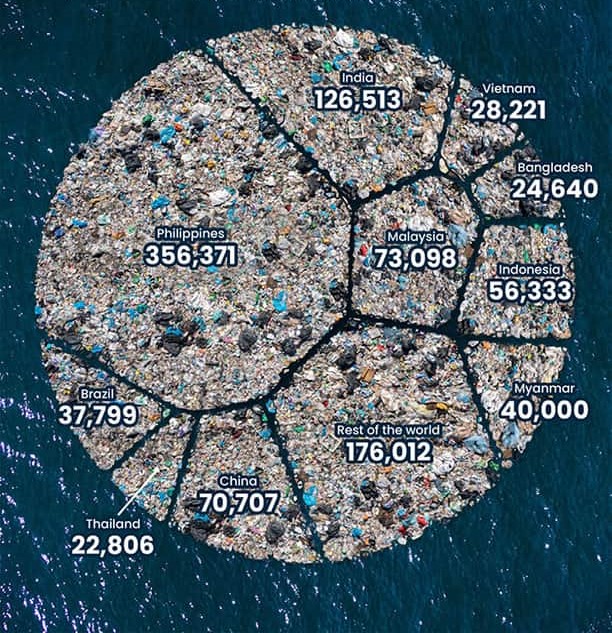
Top 10 highest ocean plastic waste polluters in the world
Plastic pollution has emerged as one of the most pressing environmental challenges of our time, with millions of tons of plastic waste entering the oceans each year. This issue not only threatens marine life but also disrupts ecosystems and poses risks to human health. A significant portion of this oceanic plastic…
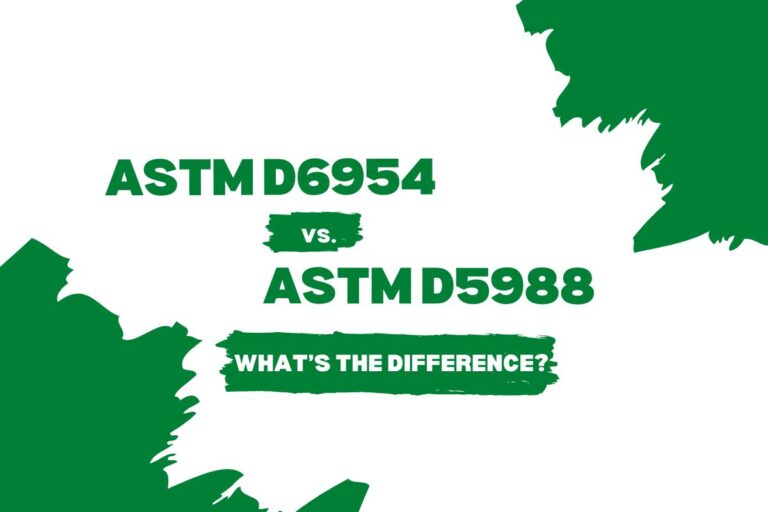
What is the difference between ASTM D6954 and ASTM D5988 standards
ASTM D6954 and ASTM D5988 are both standards used to test the biodegradability of plastics, but they differ in their specific applications. ASTM D6954 is specifically designed for testing oxo-biodegradable plastics, while ASTM D5988 is designed for testing the aerobic biodegradation of plastic materials in soil. Here are some of the…
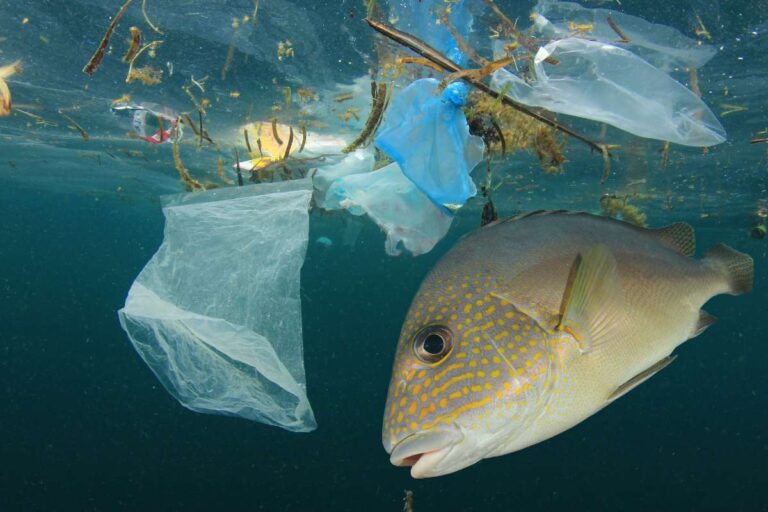
Top 10 facts about the effects of plastic bags on marine life
The Top 10 Facts About How Single-Use Plastic Bags Harm Marine Life The effects of plastic bags on marine life are severe. Animals like sea turtles, fish, and seabirds often ingest plastic bags, leading to blockages, malnutrition, or death. Plastic bags also cause entanglement in species such as seals and seabirds,…
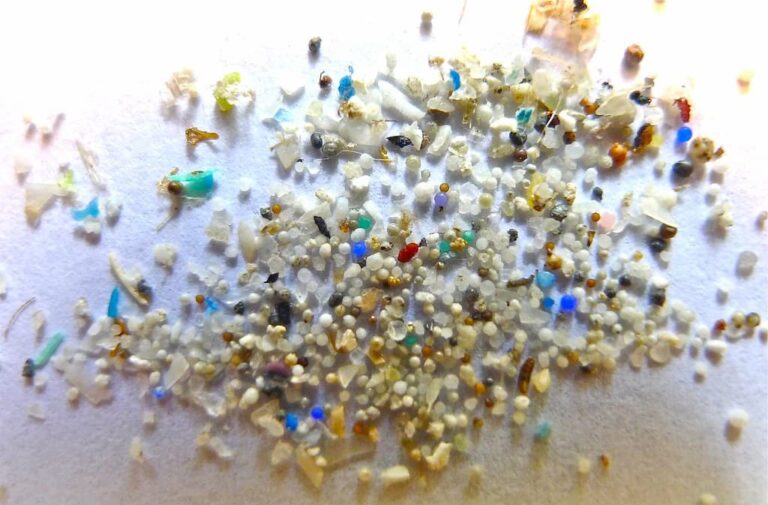
New Plant-Based Polymers that Decompose in Just Seven Months
UC San Diego and Algenesis researchers developed plant-based polymers that biodegrade in seven months, offering a significant environmental breakthrough. These polymers serve as a sustainable alternative to traditional plastics and have demonstrated promising biodegradation capabilities at the microplastic level. This development addresses environmental concerns and provides a potential solution to the…
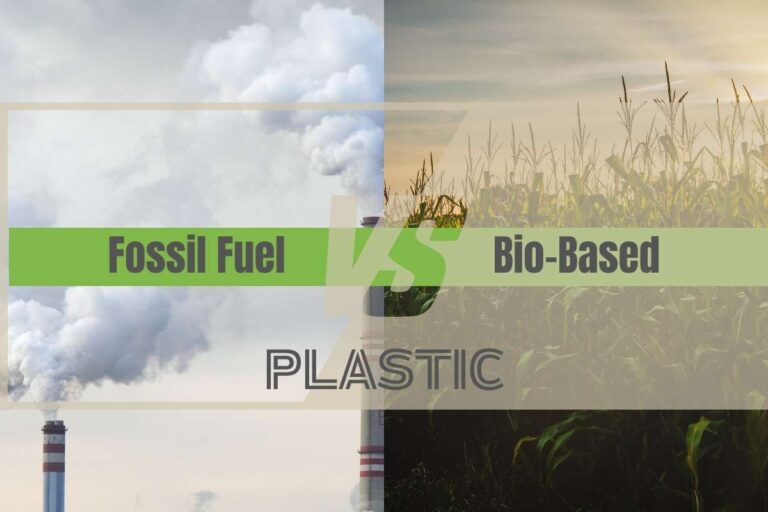
Fossil Fuel Vs Bio Based Plastic – What is the Difference?
Generally speaking, plastics fall into two main categories, Fossil Fuel and Bio Based Plastic. This refers to the source material used to make plastic bags. While there are subcategories, the plastic we use everyday will typically be made of one of these two. Fossil Fuels vs Bio Based: The Difference Between…
